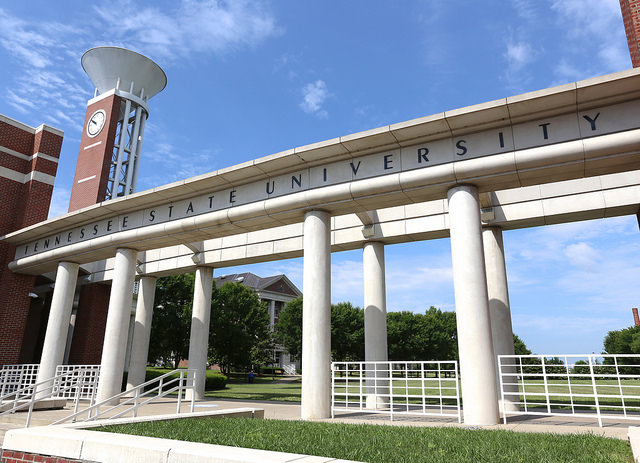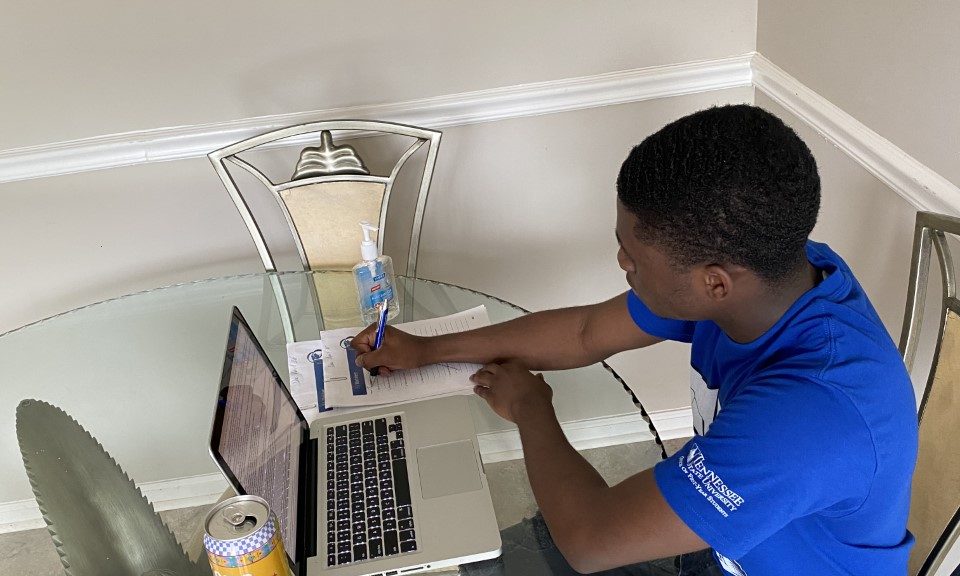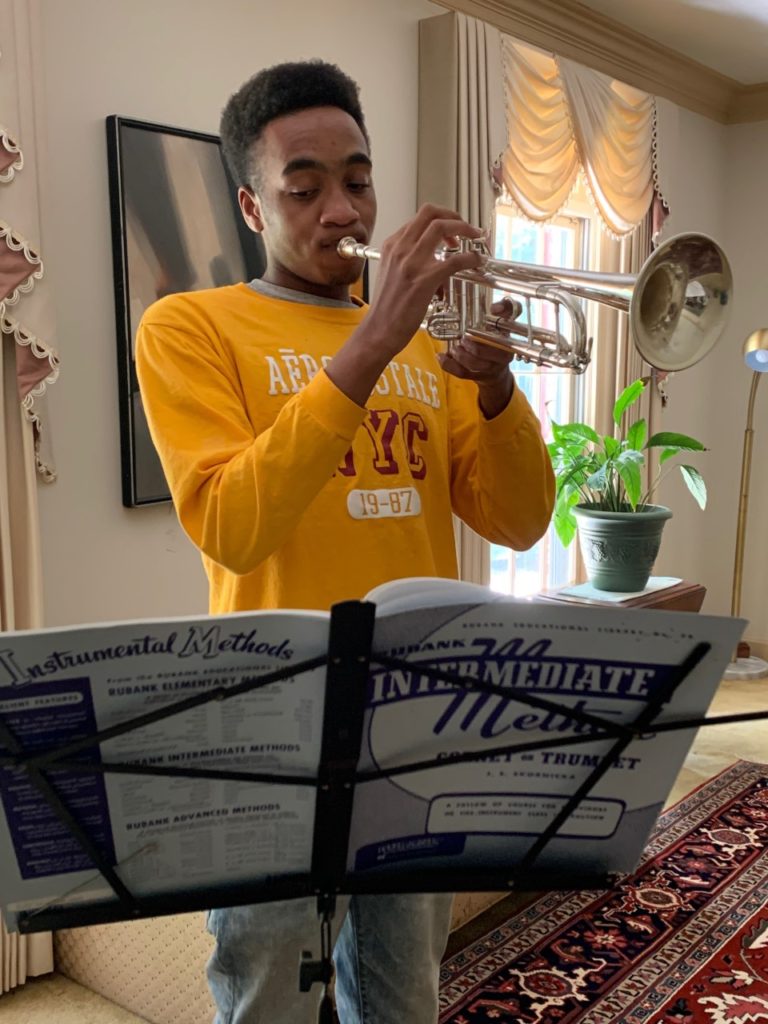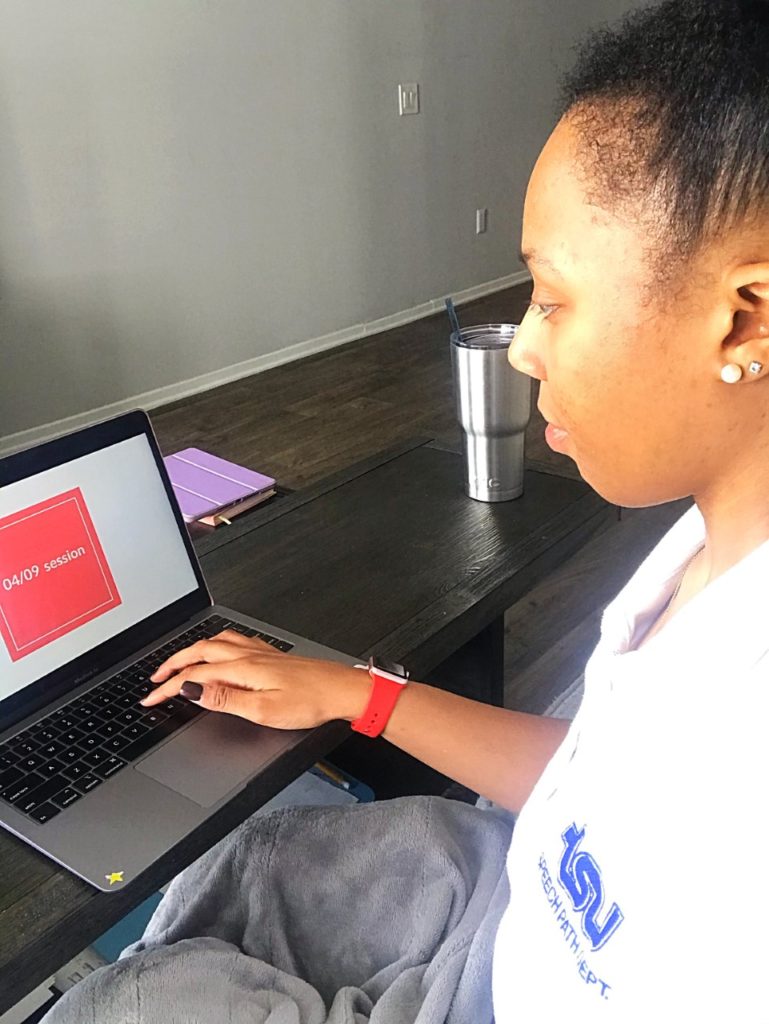NASHVILLE, Tenn. (TSU News Service) – Tennessee State University is partnering with Propel Center, a new global campus headquartered in Atlanta that will support innovative learning and development for Historically Black Colleges and Universities (HBCUs) nationwide. TSU will collaborate with Propel Center and the entire HBCU community to bring leadership and career development programming to its students.

For the past two years, TSU has been working with Apple to launch and expand the school’s HBCU C2 initiative through the TSU Global SMART Technology Innovation Center. The initiative brings coding and creativity experiences to all 100-plus HBCUs and their communities.
In the new partnership, TSU officials say Propel Center will focus more on helping students, where the TSU Center will concentrate on faculty at HBCUs and their communities.
“Tennessee State University is excited to be partnering with Propel Center,” says TSU President Glenda Glover. “The TSU Global SMART Technology Innovation Center has been working with HBCU faculty leaders to help them learn about coding and app design and development, as well as bring coding and creativity experiences to their communities. This new partnership will strengthen that effort.”
Dr. Robbie Melton, Associate Vice President of the Global SMART Technology Innovation Center, agrees.

“The Propel Center expands the TSU Apple HBCU C2 National Hub “Everyone Can Code and Create” by creating a state-of-the-art technology innovation physical site for all HBCU students to now have full access to the latest 21st century technology tools, engineers, computer scientists, and resources to prepare them for the digital workforce,” says Melton. “Our students will now have a place to take them to the next level of innovation and entrepreneurship for the new digital careers of the future.”
Lisa Jackson, Apple’s Vice President of Environment, Policy and Social Initiatives, says the tech giant is pleased to be part of the initiative.

“We are thrilled to join with partners and community stakeholders to support the Propel Center and be part of this groundbreaking new global hub for HBCU innovation and learning, devoted to helping faculty create best-in-class curriculum and ensuring students have access to cutting-edge skills,” says Jackson.
Propel Center was imagined and designed by Ed Farm, a nonprofit dedicated to advancing education through technology — with Apple and Southern Company supporting the project as founding partners. The Propel Center is designed to connect HBCU students to technology curriculum, cultural thought leaders, entrepreneurship skills development, and accelerator programs, with a focus on social justice and equity.
Curriculum options will include AI (artificial intelligence) and machine learning, agricultural technologies, social justice, entertainment arts, app development, augmented reality, design and creativity, career preparation, and entrepreneurship tracks.
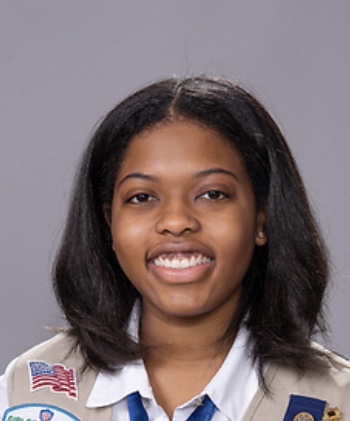
Students from participating schools will access Propel Center’s online digital learning platform from anywhere, and will also have access to the 50,000 square-foot Propel Center headquarters in Atlanta, equipped with state-of-the-art lecture halls, learning labs, and on-site living for a scholars-in-residence program.
TSU freshman Elise Russ says she is looking forward to the benefits of the new partnership.
”I believe the Propel Center partnership will significantly enhance the greatness that is within not only TSU students, but all HBCU pupils,” says Russ, a civil engineering major from Nashville. “The digital platform that will be accessible to us will also readily display our research, enhance talents, and create a network among students that will ignite knowledge and mastery in various fields.”
Treveon Hayes, a TSU sophomore elementary education major from Memphis, Tennessee, says the partnership is an “amazing opportunity.”

“It’s another example of HBCUs preparing students for life after graduation,” says Hayes.
Last month, TSU’s national coding hub welcomed 23 new HBCUs to be community coding centers, which means almost three dozen schools are now part of the initiative.
To learn more about TSU’s HBCU C2 initiative, visit http://www.tnstate.edu/hbcuc2/.
For more information about Propel Center, visit PropelCenter.org.
Department of Media Relations
Tennessee State University
3500 John Merritt Boulevard
Nashville, Tennessee 37209
615.963.5331
About Tennessee State University
Founded in 1912, Tennessee State University is Nashville’s only public university, and is a premier, historically black university and land-grant institution offering 39 bachelor’s degree programs, 24 master’s degree programs, and seven doctoral degrees. TSU is a comprehensive research intensive institution with a R-2 Carnegie designation, and has a graduate school on its downtown Avon Williams Campus, along with the Otis Floyd Nursery Research Center in McMinnville, Tennessee. With a commitment to excellence, Tennessee State University provides students with a quality education in a nurturing and innovative environment that prepares them as alumni to be global leaders in every facet of society. Visit the University online at tnstate.edu.
